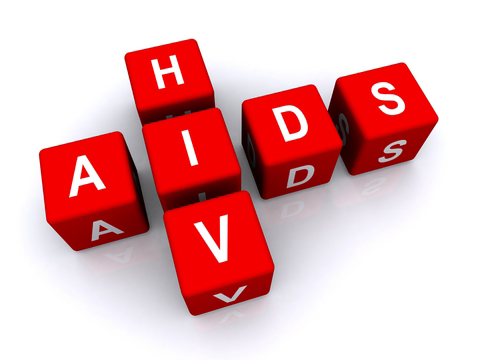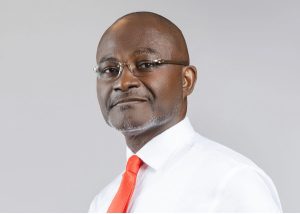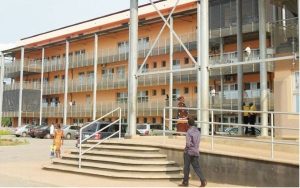Daasebre Twum Ampofo, the Okyeman Nifahene of the Akyem Abuakwa Traditional Council, has bemoaned the high prevalent rate of Human Immune Virus cases (HIV) in the Eastern Region, which, according to the Ghana AIDS Commission, is the third highest in Ghana, after the Greater Accra region and the Ashanti Region.
According to the chief, the prevalence rate between 2.3% and 4%, with an estimated 40,963 people living with HIV in the region, is not an enviable position and he urged all stakeholders to combat the menace.
A report released by the Ghana AIDS Commission this year stated that Greater Accra ranked first with 82,745 cases, followed by the Ashanti Region with 66,322, with the North East Region in the least position with 1,689.
He thus called for concerted efforts by all relevant stakeholders towards ensuring that the prevalence rate was reduced to the barest minimum.
Daasebre Twum Ampofo made this observation during the 4th Akwasidae of the chiefs and people of Akyem Asiakwa.
The event was used as a platform to highlight and educate the community on the fight against HIV.
Speaking to Net2tv after the Akwasidae Festival, Daasebre Twum Ampofo expressed worries about the prevalent rate in the region, stressing his concern on the grave threat this poses to the future of the country.
He noted that HIV remains a significant public health issue in Ghana, and concerted efforts are necessary to address it effectively.
He emphasized the urgent need for action to address this issue before it escalates further, highlighting the importance of collective responsibility in preventing the spread of HIV and ensuring a healthier future for all.
Daasebre Twum Ampofo emphasized that HIV/AIDS is a serious public health issue that should not be taken lightly, and it’s crucial for individuals to take preventive measures to avoid contracting the virus.
Daasebre Twum Ampofo, acknowledging the government’s efforts, emphasized the need for increased support to ensure access to life-saving treatment for those infected, by allocating funds to purchase anti-retroviral drugs (ARVs) for individuals living with HIV.













